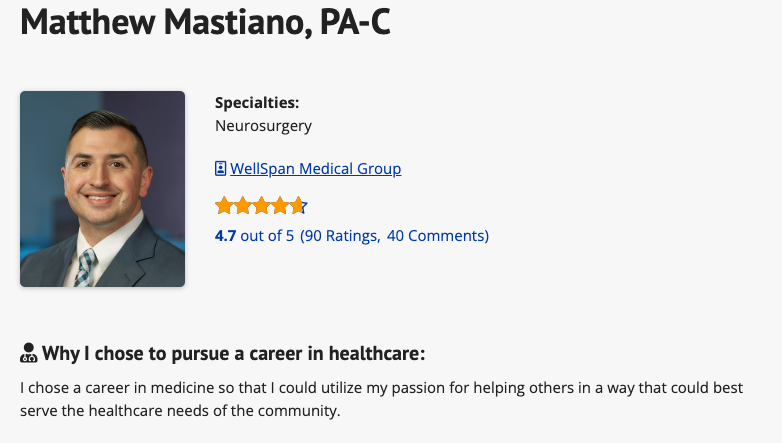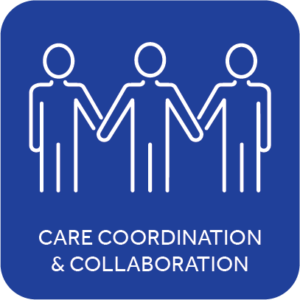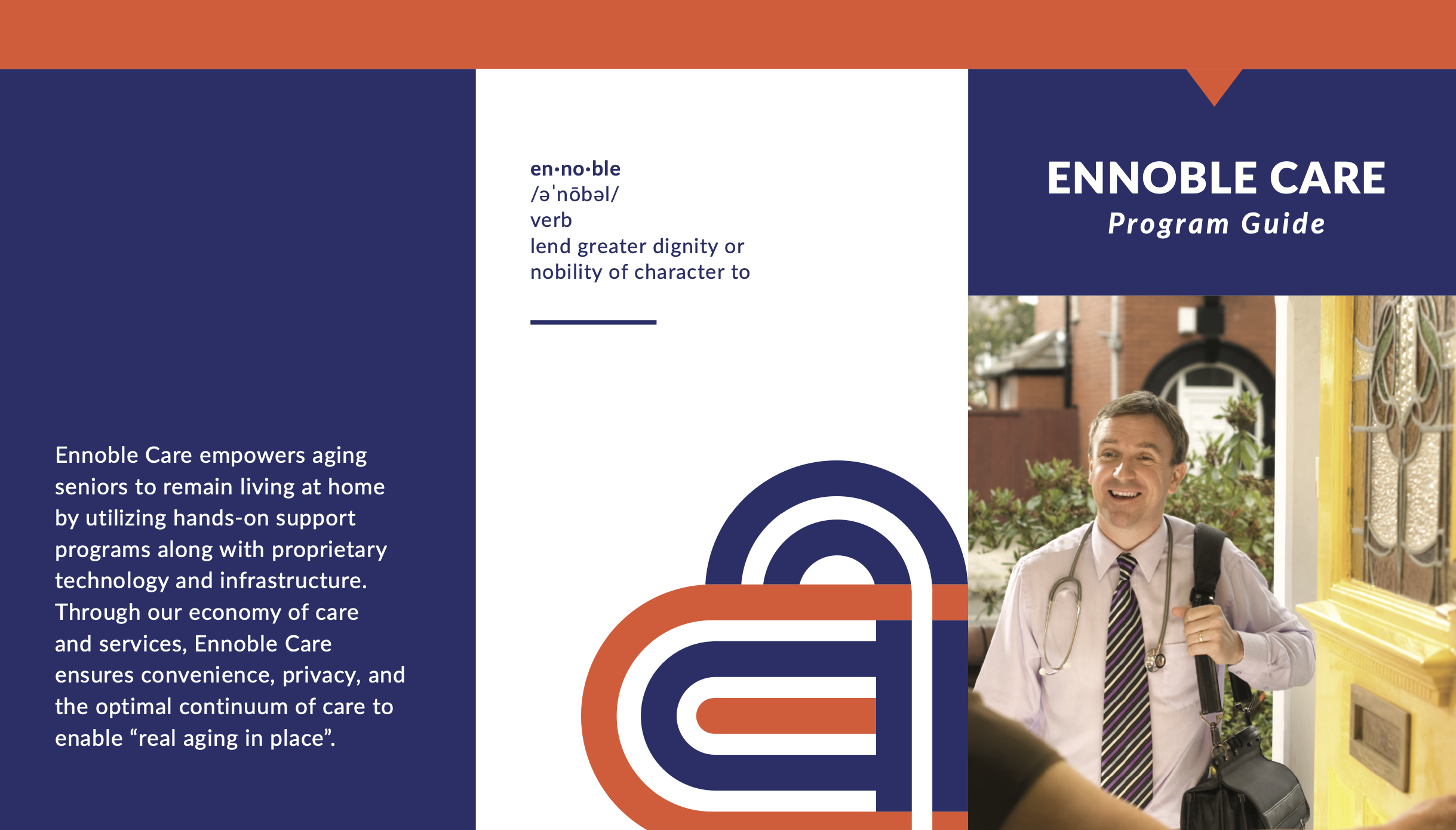At some point in your life, you’ve probably asked yourself, “Why do I need a primary care doctor?”
It’s a great question!
A primary care provider can help you with nearly every aspect of your healthcare!
In this article, The Senior Soup explains the role a primary care doctor plays in our healthcare system, why you need a primary care doctor, the essential aspects of healthcare services they provide, why you should have a primary care physician, and how and where to find a primary care doctor.
Why Do I Need a Primary Care Doctor?
You need a primary care doctor to establish a long-term relationship with a medical professional who can do the following:
- Provide comprehensive and continuous healthcare;
- Focus on preventive care;
- Manage chronic conditions;
- And coordinate your overall care with specialists when needed.
What Is A Primary Care Doctor?
A primary care doctor is a trained and licensed medical professional who is the first point of contact for adult patients in our health care system.
They provide comprehensive and continuous care, address your various health concerns, and ensure that you receive timely and appropriate medical treatments.

Did you know that primary care doctors are also called primary care physicians (PCPs)?
You may also hear PCPs called family medicine doctors, family doctors, or general practitioners.
These terms are often used interchangeably to refer to the medical professionals who are our healthcare system’s first point of contact.
What Do Primary Care Doctors Do?
- They serve as the cornerstone of our healthcare system, providing patients with comprehensive, preventive, and continuous care.
- They treat your various health conditions and manage chronic diseases;
- They coordinate care and can refer you to an outside healthcare specialist and other healthcare professionals.
- Importantly, primary care physicians educate and empower their patients to take complete control over their health.
- PCPs contribute to your overall health and well-being and ensure timely access to care while promoting preventive healthcare measures and personalized care.
Can I Receive Primary Care From A HealthCare Clinician Who Isn’t a Medical Doctor?
Yes, you can receive primary care from someone who isn’t a medical doctor!
In the United States, nurse practitioners and physician assistants are increasingly important in providing primary care services.

Nurse Practitioners
A nurse practitioner (NP) is a registered nurse who has completed advanced education and training, usually at the master’s or doctoral level.
Some U.S. states – Maryland, for example – allow NPs to practice independently, while other states require physician supervision.
In states where NPs can practice independently, they provide virtually the same primary care services as physicians, including:
- Diagnosing and treating illnesses;
- Prescribing medications;
- Ordering diagnostic tests.
Moreover, NPs often emphasize a patient-centered, holistic approach to medical care and focus on health promotion, disease prevention, and patient education.
In May 2015, former Maryland Gov. Larry Hogan (R) signed legislation into law allowing NPs to practice independently and without the supervision of a managing physician.
The legislation also gave NPs the authority to open their medical practices.
Physician Assistants
A physician assistant (PA) is a licensed medical professional who works under the supervision of a physician.
PAs have completed a master’s degree in a physician assistant program and are trained to diagnose and treat illnesses, prescribe medications, and perform medical procedures.

The most notable distinction between a PA and NP is that a PA must collaborate with a supervising physician, whereas an NP can practice independently.
This collaborative approach allows PAs to benefit from the expertise of their supervising physicians while providing primary care services to patients.
What Healthcare Services Do Primary Care Providers Offer?
A primary care healthcare professional is essential for maintaining optimal health and managing your ongoing healthcare needs.
They are typically your main point of contact in our healthcare system and provide you with comprehensive care and coordinate with other healthcare providers or specialists as needed.
Keep reading and learn about all the healthcare services primary care providers offer!
Preventative Care
PCPs are intently focused on preventive care, which includes:
- Regular checkups and visits;
- Routine screenings;
- Cancer screenings;
- Immunizations & more;

A primary care physician can identify risk factors early on and help you avoid serious health problems later in life (e.g., a heart attack, heart disease, diabetes, high blood pressure, etc.).
The right doctor can make a big difference in identifying underlying problems with your health.
A good primary care doctor will answer all your related health questions and help you improve your long-term health.
Consequently, you can live a healthier lifestyle.
But you have to put in the work, too.
You want to have an honest conversation with your PCP. Don’t leave out any details; be upfront and transparent about your medical history and current medical issues.
In turn, a PCP can offer you personalized advice and create individually tailored treatment plans.
Maybe you haven’t found the right primary care doctor or want to break up with your current clinician but don’t know how.
Check out The Senior Soup’s eight-part guide on how to break up with your doctor.

Comprehensive Care
Your primary care physician is trained to diagnose, treat, and manage various health issues – from common illnesses to chronic conditions.
They can address most of your healthcare needs and help you maintain your mental health.
Continuity of Care
Establishing a long-term relationship with a primary care provider ensures continuity of care as patients become familiar with their medical history, lifestyle, health history, and healthcare needs.
Regular visits with a primary care provider can help you make positive decisions impacting your overall health.
Care Coordination
Because PCPs serve as the main point of contact for adults within our healthcare system, they coordinate care with other healthcare providers, such as specialists, pharmacists, and therapists.
They can ensure that you receive comprehensive, integrated care while navigating through the complexities of our healthcare system.

Early Detection & Intervention
Primary healthcare clinicians are skilled at detecting early signs of health issues and providing timely intervention, which can lead to better outcomes and lower healthcare costs.
Internal medicine physicians, also known as internists, specialize in diagnosing, treating, and managing diseases in adults.
They focus on preventing and treating various internal organ systems and chronic conditions like diabetes, hypertension, and heart disease.
Internal medicine doctors often work in hospital settings and may sub-specialize in areas like cardiology, gastroenterology, or infectious diseases.
Education & Support
Your general practitioner can educate you about your health conditions and empower you to take an active role in all your healthcare decisions.
A primary care physician can provide information on prevention, help manage chronic conditions, and offer tested treatment options.
Critically, a PCP offers guidance on medication adherence and potential side effects.
Convenience
A primary care doctor will likely offer you a wide range of healthcare services under one roof, making it convenient for you to access care.
Most PCPs are flexible office hours and greater availability than specialists, making it easier for you to schedule appointments and receive care when needed.
Cost-effectiveness
Research has shown that having a PCP can lower overall healthcare costs, as they focus on preventive care and early intervention, which can help avoid more expensive treatments and hospitalizations.
In summary, primary care clinicians are crucial in maintaining your health by providing comprehensive, personalized care and coordinating care with other healthcare professionals.
A primary care doctor focuses on prevention and early intervention, and they help you take charge of your by addressing your general health and well-being.
Ennoble Care Maryland | Home-Based Primary Care
In Maryland, older adults experiencing mobility challenges or who are homebound can receive home-based primary care from Ennoble Care!
Ennoble Care is Maryland’s leading home-based primary care practice, offering a wide range of health care services, including:
- Primary Care
- Care Coordination
- Behavioral Health
- Post-Acute Transitional Care
- Remote Patient Monitoring

Check out Ennoble Care’s Program Services Guide to learn more about the continuum of healthcare services Ennoble Care offers older adults living in Maryland (and Washington, D.C.).
Ennoble Care accepts the following health insurance:
- Medicare Part B
- Maryland Medicaid
- Aetna PPO
- Humana PPO
- Cigna PPO
- BlueCross BlueShield
- UnitedHealthcare
- Hopkins Medicare Advantage PPO
- Kaiser Permanente PPO
- University of Maryland PPO
Call Ennoble Care today at (240) 203-7172 to learn more about home-based primary care in Maryland and Washington, D.C.
And if you’re interested in enrolling in Ennoble Care’s home-based primary care services, please click this link and fill out this secure enrollment form.
Ryan Miner, MBA | Co-Founder and Podcast Host | The Senior Soup
Ryan Miner and Raquel Micit are the co-founders of The Senior Soup and host The Senior Soup Post. Raquel and Ryan have over 25 years of combined experience in the healthcare, medical and pharmaceutical industries.

